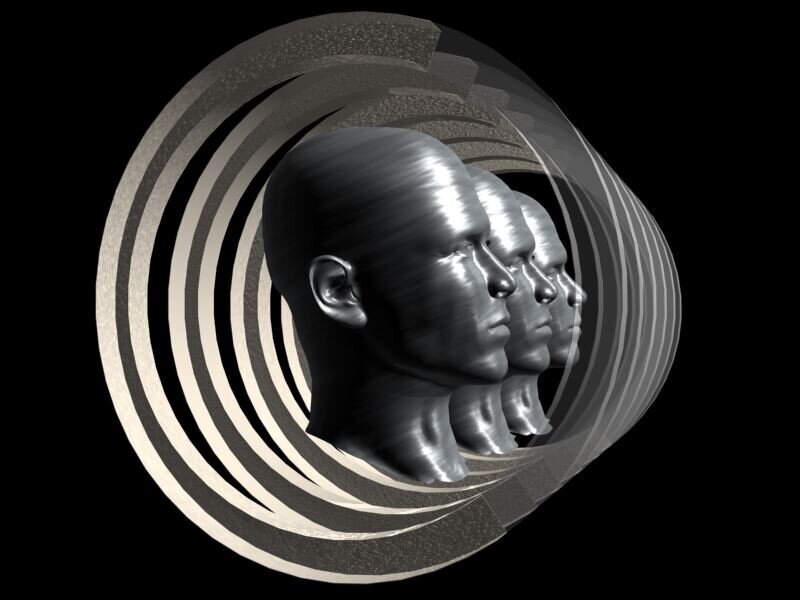In America, hypnosis is an unregulated profession and there is no accreditation.
I read an article by a hypnotherapy school that said, “You don’t need a license, you just need to meet certain criteria.” There is NO criteria!
Only three States require registration, but anybody can do that as long as you pay the fee.
Similar in the UK, there are many “accredited” schools, and also an abundance of minefields to go through to find a course that meets your needs. If you can pay, you can take a course!
Your best alternative is to go through a professional organization.
Here are three I would suggest:
Society for Clinical and Experimental Hypnosis www.sceh.us
American Society of Clinical Hypnosis www.asch.net
American Board of Medical Hypnosis
Also, look into: Hypnosis/Dental Hypnosis/Psychological Hypnosis and Social Work Hypnosis/Nursing
The Absence of Hypnosis Accreditation in the USA: An In-Depth Analysis
Introduction
Hypnosis, a practice often associated with therapeutic and entertainment purposes, has long been a subject of intrigue and skepticism. Despite its widespread use and historical significance, hypnosis lacks formal accreditation in the United States. This absence of standardized accreditation can be attributed to several factors, including the diverse definitions of hypnosis, varying state regulations, the interdisciplinary nature of the field, and ongoing debates about its scientific validity.
Historical Context and Definitions
The history of hypnosis dates back centuries, with roots in ancient practices such as mesmerism. Over time, it evolved into a more structured form used for both medical and psychological purposes. However, one of the primary challenges in establishing accreditation is the lack of a universally accepted definition of hypnosis. According to The Oxford Handbook of Hypnosis (Oxford University Press), hypnosis is described as a "state of consciousness involving focused attention and reduced peripheral awareness characterized by an enhanced capacity for response to suggestion." This broad definition allows for multiple interpretations and applications across different fields.
Regulatory Challenges
In the United States, professional regulation typically falls under state jurisdiction rather than federal oversight. This decentralized approach results in significant variations in how hypnosis is perceived and regulated across states. Some states may require practitioners to hold specific licenses or certifications related to psychology or medicine before practicing hypnosis, while others have no such requirements. The lack of uniformity complicates efforts to establish national accreditation standards.
Moreover, as highlighted in Hypnotherapy: A Handbook (Routledge), many states do not recognize hypnotherapy as a distinct profession but rather as a technique that can be employed by licensed professionals such as psychologists or counselors. This further diminishes the impetus for creating a separate accrediting body specifically for hypnosis.
Interdisciplinary Nature
Hypnosis intersects with various disciplines including psychology, psychiatry, medicine, and even entertainment. Each discipline may employ hypnosis differently based on its objectives—therapeutic intervention versus performance art—leading to divergent standards and expectations. The interdisciplinary nature makes it challenging to develop a cohesive framework for accreditation that satisfies all stakeholders involved.
For instance, clinical psychologists might focus on evidence-based therapeutic outcomes when using hypnosis for treating conditions like anxiety or pain management (American Psychological Association Dictionary). In contrast, stage hypnotists prioritize audience engagement without necessarily adhering to scientific rigor. These differing priorities hinder consensus on what constitutes appropriate training or ethical practice standards.
Scientific Validity Debates
Another critical factor contributing to the absence of formal accreditation is ongoing debate regarding the scientific validity and efficacy of hypnosis as a treatment modality. While numerous studies suggest potential benefits (International Journal of Clinical and Experimental Hypnosis), skeptics argue that placebo effects or suggestibility could account for observed outcomes rather than any intrinsic properties unique to hypnotic states themselves.
This controversy affects perceptions within academic circles where empirical evidence serves as foundational criteria for legitimizing practices through accreditation processes (Encyclopedia Britannica). Until consensus emerges around robust methodologies demonstrating consistent efficacy across diverse populations under controlled conditions—similar hurdles faced by complementary therapies like acupuncture—the path toward standardized accreditation remains fraught with obstacles.
The Need for Standardized Accreditation
To address these challenges effectively, establishing a standardized accreditation system for hypnosis practitioners in the U.S. is essential. Such a system would help ensure that all practicing hypnotists meet specific educational requirements and adhere to ethical guidelines. Accreditation could also enhance public trust in hypnosis as a legitimate therapeutic option by providing clear criteria for evaluating practitioner qualifications.
Moreover, an accredited framework would facilitate collaboration between hypnotists and other healthcare professionals by creating common ground regarding treatment approaches and methodologies. This integration could lead to more comprehensive care models where hypnosis is recognized as an adjunctive therapy within conventional medical practices.
Conclusion: A Call for Action
The absence of hypnosis accreditation in the USA presents significant barriers to both practitioners and patients alike. Establishing a formalized accreditation process would not only elevate professional standards but also enhance patient safety and confidence in hypnotherapy as an effective treatment modality. As research continues to support the efficacy of hypnosis across various clinical contexts, it becomes increasingly imperative that stakeholders advocate for regulatory measures that promote quality education and ethical practice within this evolving field.
By addressing these issues through standardized accreditation efforts, we can pave the way for greater acceptance and utilization of hypnosis in mainstream healthcare settings.
If you want to learn hypnosis, find like-minded minded people. Facebook has an abundance of forums you can join. Get involved with Skype/Zoom practical sessions and read! The only way to become good at hypnosis is by doing it. Once you become proficient, then decide if a course is worth the investment. So many are padded with irrelevant information and redundant techniques. KIS (Keep It Simple).

